From URBACT to H2020: how 2 cities are scaling up citizen-powered projects for greener communities
Edited on
17 July 2019Manchester (UK) and Poznań (PL) are just 2 of many European cities building on their URBACT experiences in integrated, sustainable urban development to boost local participation and improve results in bigger national and EU projects.
We asked coordinators in Manchester and Poznań how their city’s involvement in URBACT networks is improving green projects in the Horizon 2020 programme – from an inclusive, locally-driven approach, to valuable international collaboration and expert support.
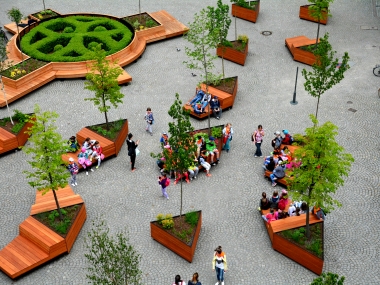
These projects link social and environmental issues, and reflect a growing understanding that environmental projects benefit from broad stakeholder involvement. Environmentally-themed applications rose to 25% in URBACT’s latest call.
Jonny Sadler and Mark Duncan in Manchester, and Agnieszka Osipiuk in Poznań, all give an interesting glimpse of URBACT’s continuing benefits in both cities, both directly, for example through improved integrated policies and active local groups, or indirectly by increasing the City Hall’s capacity as an organisation.
Manchester: strong collaboration centred on the city’s needs
Manchester led an URBACT network called CSI Europe (2013-2015) – about using financial instruments through the European Investment Bank, and later SmartImpact – on smart sustainable development.
 As for the Horizon 2020 programme, one of the partnerships the city coordinates is GrowGreen, a seven-city, EUR 11.2 million project that helps cities develop and implement strategies for green infrastructure – things like trees, parks or green roofs. Since its creation in 2017, GrowGreen has launched pilot projects for greener, healthier, more sustainable neighbourhoods in Manchester, Valencia (ES) and Wroclaw (PL).
As for the Horizon 2020 programme, one of the partnerships the city coordinates is GrowGreen, a seven-city, EUR 11.2 million project that helps cities develop and implement strategies for green infrastructure – things like trees, parks or green roofs. Since its creation in 2017, GrowGreen has launched pilot projects for greener, healthier, more sustainable neighbourhoods in Manchester, Valencia (ES) and Wroclaw (PL).
In 2018, just as GrowGreen was getting started, Manchester and its EU city partners formed a new URBACT network, C-Change, encouraging arts and cultural organisations to boost citizen engagement on climate change.
Jonny Sadler is Programme Director at Manchester Climate Change Agency, working with the City Council and other partners to help Manchester set and meet Paris Agreement-aligned climate change targets. He highlights four main ways that URBACT is inspiring better, longer-lasting results in GrowGreen…
1. A new URBACT project boosts stakeholder engagement
“Stakeholder engagement is fundamental to developing and implementing city-wide green infrastructure strategies, but I’ll challenge any city in the world to tell you they have a really effective comprehensive programme for engaging their citizens!” says Mr Sadler. “This is where we saw an important role for URBACT: as a result of GrowGreen, Manchester and Wroclaw put together the C-Change URBACT proposal to find new ways to get people engaged and inspired around the subject of climate change, and then mobilise them to take action.”
“GrowGreen is quite different to traditional Horizon 2020 projects which can be quite academic. We realised the most effective programmes from a city perspective are those that place cities at their heart. And URBACT is a prime example of how cities get maximum value when a project is designed around their needs.”
2. URBACT methodology for transnational cooperation
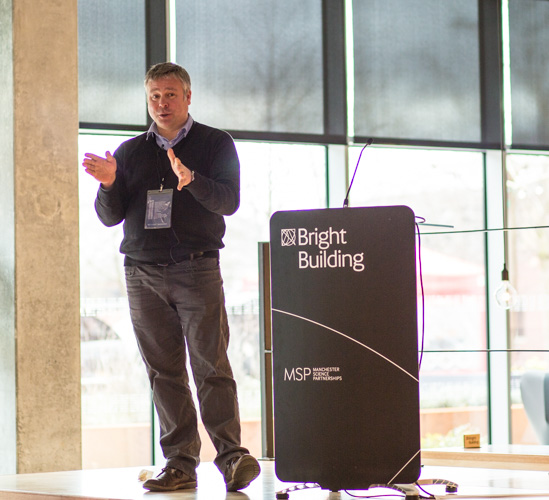 GrowGreen partners are using an URBACT-style methodology to improve collaboration, starting with their General Assembly in June. “We’ve identified about six key themes and we’ll cluster the cities around them. We’re going to sit down and say ‘this project is about you’. You want to develop green infrastructure strategies to help green your cities. Let’s talk in detail about where your city is today, where you want to get to, and what you are able to do by collaborating with each other with support from an expert partner.”
GrowGreen partners are using an URBACT-style methodology to improve collaboration, starting with their General Assembly in June. “We’ve identified about six key themes and we’ll cluster the cities around them. We’re going to sit down and say ‘this project is about you’. You want to develop green infrastructure strategies to help green your cities. Let’s talk in detail about where your city is today, where you want to get to, and what you are able to do by collaborating with each other with support from an expert partner.”
In the “Financing Green Infrastructure” cluster, for example, cities will compare current and expected sources of financing, pinpoint possible shortfalls, and share interesting solutions – such as Wroclaw’s tax incentive for green roofs on new buildings.
Along with its inclusive methodology, URBACT has provided city council staff with “extremely high quality professional development” and senior expertise, says Mark Duncan, Manchester City Council’s Strategic Lead on Resources & Programmes: “The URBACT approach is embedded across my team, and that’s seen in all their project work, not just URBACT.” As well as valuing ideas from all city partners in large-scale transnational projects, they have gained the skills to manage complex public-private consortia in nationally-funded development projects.
3. Inspiring interactive events
GrowGreen learnt from “hugely valuable” URBACT City Festivals to design an annual conference featuring urban practitioners, smaller sessions, and ample time for informal face-to-face discussions.
“Some conferences can be quite abstract and academic, with plenary sessions on the theory of creating green cities, and ‘what might we need to do at some point in the future’. But we got cities and practitioners in the room to say ‘this is what I’ve done, this is what is what went well, this is what didn’t work well,’” says Sadler.
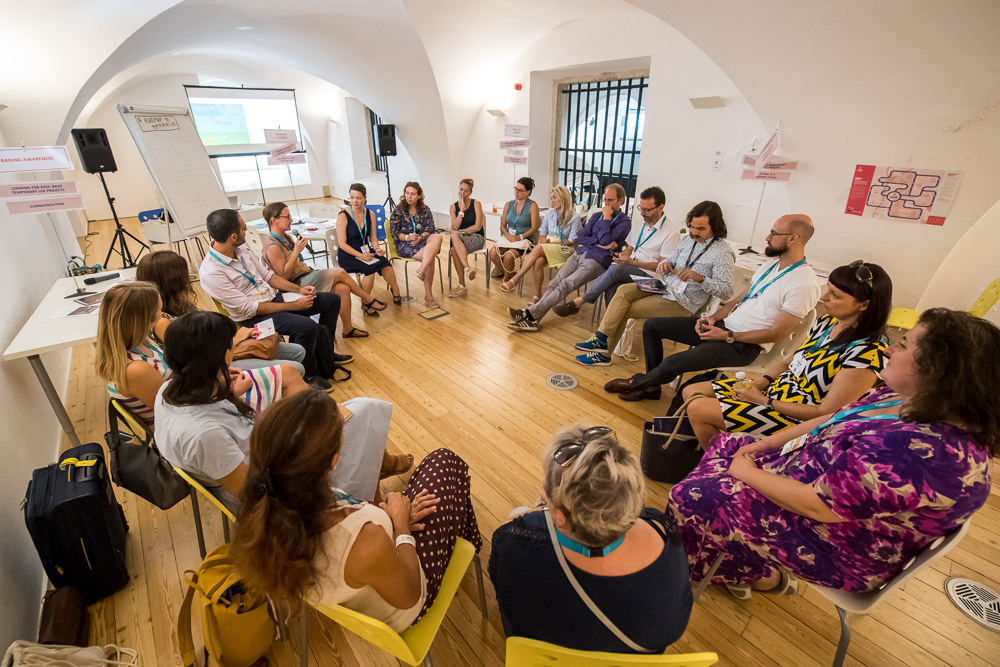
4. Sparking wider change
Just as URBACT encourages cities to share good practices for others to use, GrowGreen hopes its pilot initiatives will spark green infrastructure improvements around the world. With this goal, they’ve agreed to work with ICLEI, IUCN and the Nature Conservancy through an initiative called Cities with Nature.
Poznań: URBACT as a stepping stone to H2020
“URBACT seems to be one of the most suitable and practical programmes to introduce new cross-sectoral topics, exchange knowledge and test new approaches and concepts,” says Agnieszka Osipiuk, who works on the Horizon 2020 project Connecting Nature for the City of Poznań.
Poznań has taken part in dozens of ERDF and ESF co-financed projects, including URBACT networks ranging from HOUS-ES in 2006 through to URBACT REFILL Network on reusing vacant urban spaces (2015-18) and the current URBACT On-Board Network on local education policy.
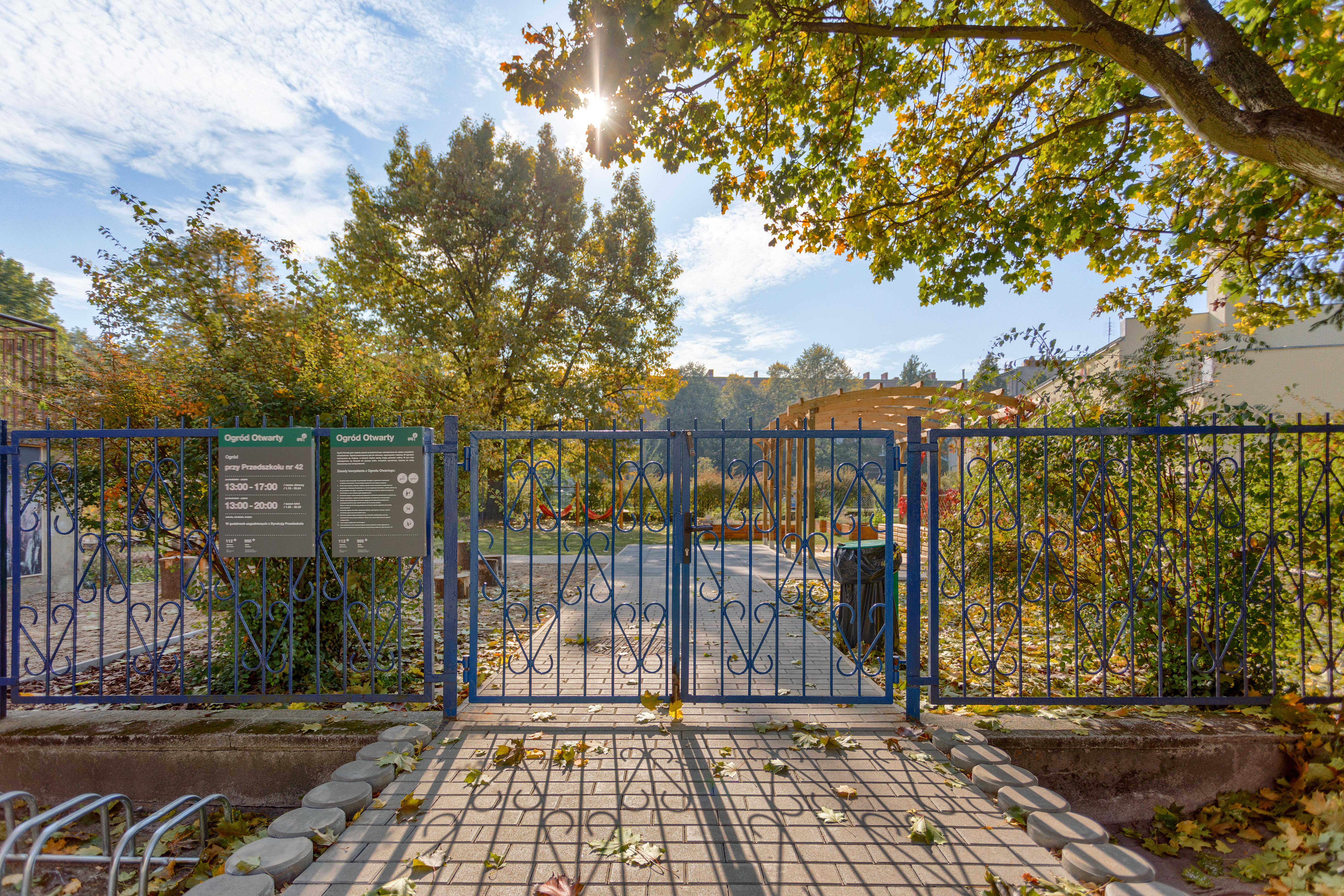 According to Ms Osipiuk, REFILL was the last stepping stone in this long line of URBACT experiences that helped Poznań become a so-called “Front Runner City” in the EUR 12 million, multi-partner, Connecting Nature project in 2017. This H2020 project helps cities implement nature–based initiatives – such as community gardens, pop-up events or innovative land reuse – and measure their impact on climate change adaptation, health and well-being, social cohesion and sustainable economic development.
According to Ms Osipiuk, REFILL was the last stepping stone in this long line of URBACT experiences that helped Poznań become a so-called “Front Runner City” in the EUR 12 million, multi-partner, Connecting Nature project in 2017. This H2020 project helps cities implement nature–based initiatives – such as community gardens, pop-up events or innovative land reuse – and measure their impact on climate change adaptation, health and well-being, social cohesion and sustainable economic development.
In the first few months of Connecting Nature, Ms Osipiuk coordinated the project simultaneously with REFILL.
A bigger, five-person team needed to be built, as well as larger scale activities and much more deep research insight than for previous EU projects.
“Both international and local levels of our H2020 project were inspired by the way we worked in REFILL,” recalls Ms Osipiuk. “Activities such as international meeting organisation, local actions in co-creation, effective presentations, reports and storytelling, and many others are used in both programmes.”
Of the benefits URBACT brought to Connecting Nature, the capacity to work internationally and across sectors was particularly valuable. REFILL gave the City of Poznań experience acting as a broker between bottom-up initiatives and other city departments and units. It was a chance to try out various approaches in city involvement. And it showed the value of sharing URBACT experience with colleagues and other Polish cities.
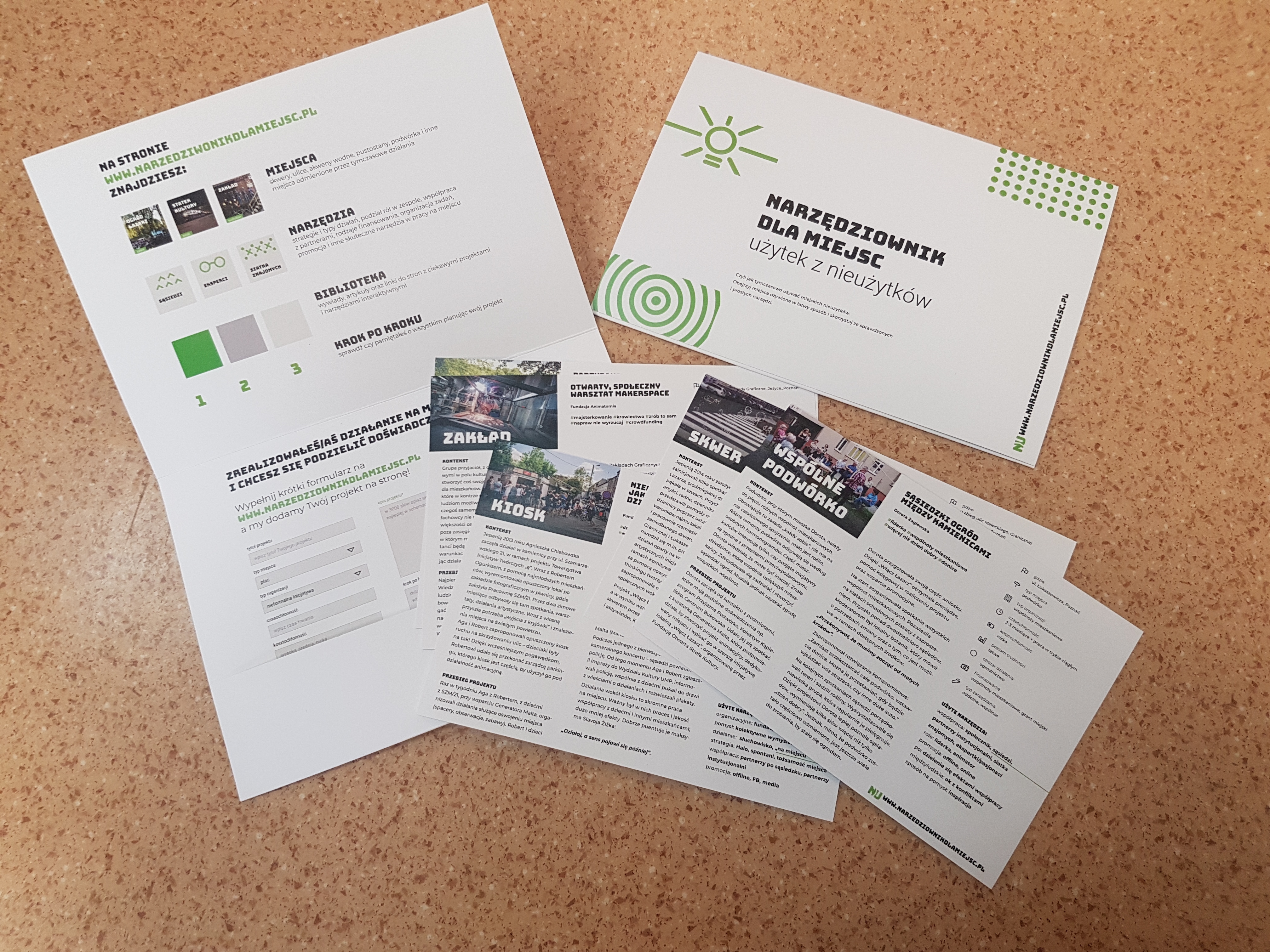 Through Connecting Nature, Poznań is now integrating small-scale environmental solutions into densely built-up neighbourhoods – for example natural playgrounds in kindergartens and open gardens for public institutions. In the long term this will help Poznań become a city of interconnected green spaces that reconciles high quality of life with sustainable infrastructures and rapid economic development.
Through Connecting Nature, Poznań is now integrating small-scale environmental solutions into densely built-up neighbourhoods – for example natural playgrounds in kindergartens and open gardens for public institutions. In the long term this will help Poznań become a city of interconnected green spaces that reconciles high quality of life with sustainable infrastructures and rapid economic development.
Here again, the H2020 project will benefit from REFILL’s work in supporting citizen-led nature-based solutions. During REFILL the City of Poznań worked with an URBACT Local Group (“another big lesson on cooperation with different types of stakeholders that’s very precious in the Connecting Nature project”) – and together they prepared a “Toolbox For Places”. This set of tools helps residents take the initiative to plan various neighbourhood activities, from local meetings to cultural events. Poznań hopes to take aspects of this toolbox further in Connecting Nature.
The integrated approach Poznań learnt through URBACT is also helping prepare a framework document to collect and share multilevel experiences from Connecting Nature’s Front Runner Cities as they implement their nature-based solutions.
 Submitted by Amy Labarrière on
Submitted by Amy Labarrière on




